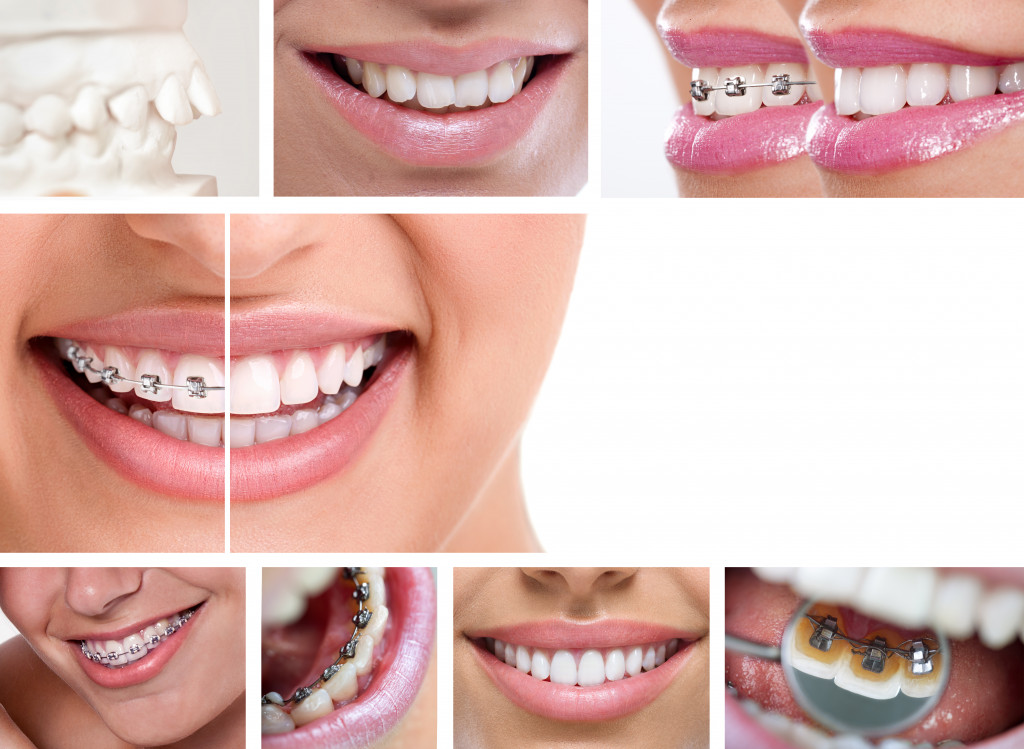If you are considering getting braces, it is important to talk with your dentist about what you should expect. Although most people have an idea about what taking care of their teeth will entail when they get braces, there are many things that are often not thought of before deciding to get them.
This article will provide information on seven things to consider before getting braces.

1. Make Sure You Can Afford Them
Although braces may seem inexpensive at first glance, ask yourself if you can actually afford them? Braces require time spent in chair visits with long appointments each time and possible orthodontic work.
This could be an expensive process if you cannot afford the time or money it requires, so be sure you can really afford braces before getting them.
2. Know How Long Your Treatment Will Last
Braces typically take about one year on average to straighten teeth; however, some people will need longer-term treatment that may last anywhere from two to four years or more.
If someone has severe misaligned bites (malocclusions), they may even need adult braces that usually require treatment for up to five years until their teeth are perfectly aligned and all growth has ceased. Be sure you know how long your treatment is estimated to last before starting your journey with braces.
3. You May Need Additional Treatments
Even if braces alone will correct your misaligned teeth, you may still need additional treatments such as another method of orthodontic treatment or possibly even surgery to ensure that you get the best results.
The use of digital dentistry 3D printing and digital impressions can help orthodontists better prepare for any additional work they may need to perform on your teeth.
Talk with your dentist about what they recommend and see if you can afford any other treatments that might be needed to achieve a truly straight set of teeth.
4. Take a Close Look at Your Teeth Before Deciding on Braces
Before deciding on wearing braces, it is essential to closely examine the condition of your teeth and gums. That way, you can determine how much correction is needed and which type of braces will work best for you.
If someone has poor oral hygiene habits, cavities, or gum disease, they should resolve those issues first and then come back for a consultation to see if braces will work.
Also, if someone has highly-crowded or crooked teeth, they may need to see if their jaw can accommodate braces before committing to wearing them.
5. Understand the Difference Between Braces and Orthodontic Appliances
The two most common types of orthodontic appliances are braces and clear aligners (such as Invisalign). Although both accomplish the same task of straightening teeth, they do it in different ways.
Braces use metal brackets bonded to each tooth, which then connect wires that are tightened up to move the teeth into their proper alignment. On the other hand, orthodontic appliances use clear plastic trays to straighten teeth that are worn over top of one’s own teeth and only removed for eating and drinking.
Discussing these differences with your dentist can help you decide which is best for your treatment goals.
6. Think About How You Will Take Care of Your Teeth While Wearing Braces
Taking good care of your teeth while wearing braces is essential, not just because you want them to look great when getting them off but also because it is healthier than allowing bacteria and tartar to build up.
Braces holders can help you keep your teeth clean while wearing braces, but having good oral hygiene habits will go a long way in keeping them clean.
Use an electric or battery-powered toothbrush designed to clean around braces, floss every day, and schedule regular dental cleanings with your dentist throughout your treatment plan.
7. Understand What Affects the Price of Braces
Treatment costs vary widely depending on what you need to have done, where you live, and even who provides your care.
Some practices may charge more than others, while some insurance plans only fully cover specific treatments such as metal braces but not ceramic ones. It pays to get quotes from several practices to help determine the average price of braces for yourself before becoming a patient anywhere.
The above tips can help you consider seven things to consider before getting braces. Braces might not be the proper treatment for everyone, so knowing as much as you can beforehand will help guide your decision-making process and ensure that you will receive good results from them.